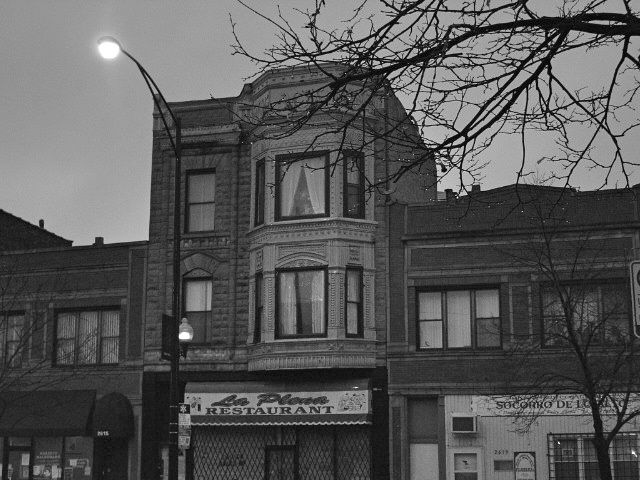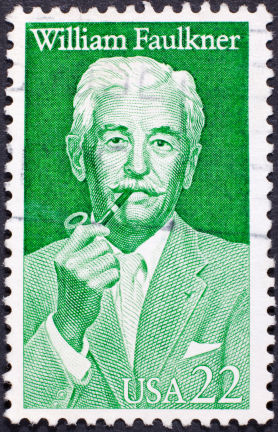.JPG)
The Greatest American Novel?
I'm not sure what it is. I've read most of the books that people would put up for that title, and I've read a lot of novels no one would put up for that title. I've been a reader all my life and have read pretty much everything from Henry James' Ambassadors to Ernie Kovacs Zoomar, but I hate making statements about how this is the best record or the best movie or the best waffle iron.
Different people look for different things in a novel, and my greatest is not necessarily your greatest. I think I saw this earlier this week and then invited people to send me their lists. What we saw I think is that although there was some overlap, most people's lists were pretty much shaped to their needs, loves, questions. I know mine was.
But what if I were pressed to list the greatest American novel, told that if I didn't answer immediately I'd have all the books I love taken away from me, the whole personal library amassed over 50 years of reading?
I guess if that happened, I would probably have to say Moby Dick. Or maybe Henry James' Portrait of a Lady, but only chapters 42 and 44. Or maybe John Dos Passos's USA Trilogy, but only the non-narrative chapters.
Anyway, here's an article about 9 literary critics disagreeing about which is the greatest American novel. Just click here and let me know what you think.





























